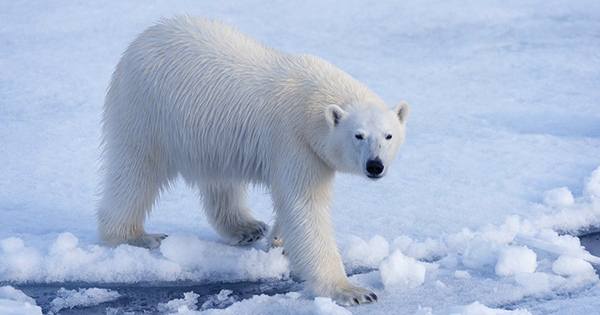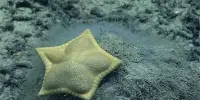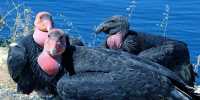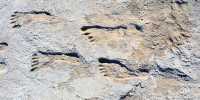A polar bear hunting and eating a reindeer has seen on video, a spectacle that has never been entirely captured on film before. Make no mistake: this is not a case of polar bears expanding their horizons and experimenting with new foods; rather, the shift in diet is most likely a result of climate change, which is driving the endangered species inland. The hunt was just published in the journal Polar Biology. On August 21, the sighting occurred near the Polish Polar Station in Hornsund, which is part of the Svalbard archipelago in northern Norway.
Scientists discovered the female polar bear near the research site. The bear was spotted raising its head and vigorously sniffing the air before drifting over to five to seven reindeer that were grazing closer to the coast after it “disregarded some very boisterous individuals.” The polar bear sneaked up on the herd before rushing at a male reindeer that jumped into adjacent waters to avoid the assault. The polar bear, on the other hand, pursued the prey and ultimately sank its claws into it some 25 meters (80 feet) offshore.
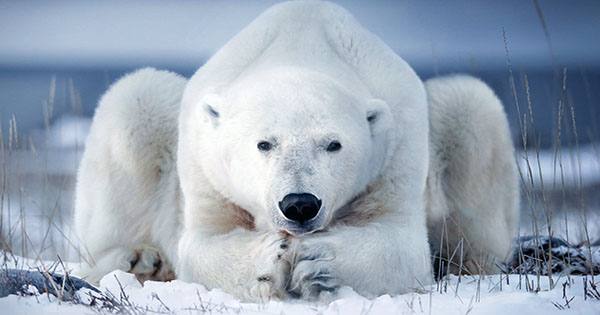
The couple ultimately came at the waterline, when the bear proceeded to rip apart the reindeer and consume the meat, after a protracted fight in the water during which the reindeer was repeatedly submerged. The bear ate most of the flesh over the course of two hours, in between driving away envious Arctic foxes and seagulls. The polar bear had a 12-hour snooze nearby after the feast, and then returned the body for some leftovers.
Although there has previously been evidence of polar bears hunting reindeer in Svalbard, this is the first time the entire event has been caught and filmed. The study authors note in the publication “pre-2000 sources claim that polar bears do not target Svalbard reindeer.” “This study is the first to describe and detail the whole course of a polar bear hunt in Hornsund for adult reindeer.”
Because of the diminished ice cover in the area, the researchers believe that polar bears are increasingly selecting for this prey. When it comes to climate change, the Arctic is one of the most vulnerable regions on the planet. Warming air and sea temperatures have resulted in an increase in Arctic sea ice loss, and polar bears are forced inland and cut off from their usual food of seals.
Svalbard’s reindeer are very simple to get by. “The degree of awareness found among Svalbard reindeer is really low,” the researchers write, implying that reindeer in this area are simply unprepared for a polar bear assault. They tend to underestimate the risk of a bear assault while choosing eating and resting places.”
It is unknown how this change to land-based prey will affect the ecology as a whole. Fortunately, as the tundra temperature warms, reindeer numbers are expected to rise, reducing the risk of polar bears diminishing Svalbard’s reindeer herd. Land-based food sources, on the other hand, cannot feed bears with enough energy, according to experts. Polar bears have a unique capacity to absorb fatty blubber from seals, which supplies them with the energy they need to thrive in the freezing Arctic climate. Considering the International Union for Conservation of Nature (IUCN) already classifies the polar bear as a vulnerable species, they could do without this problem.
